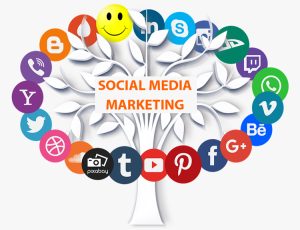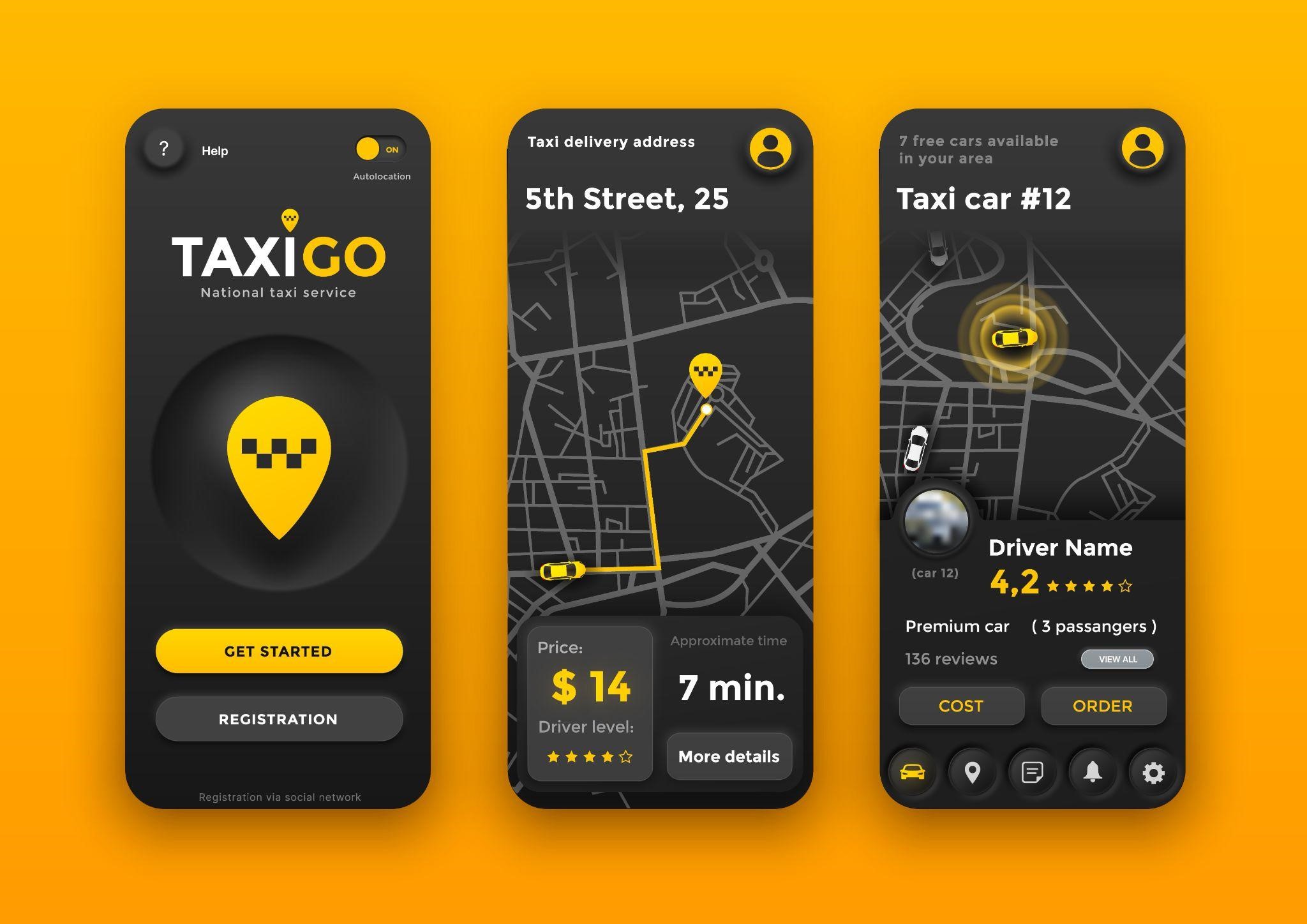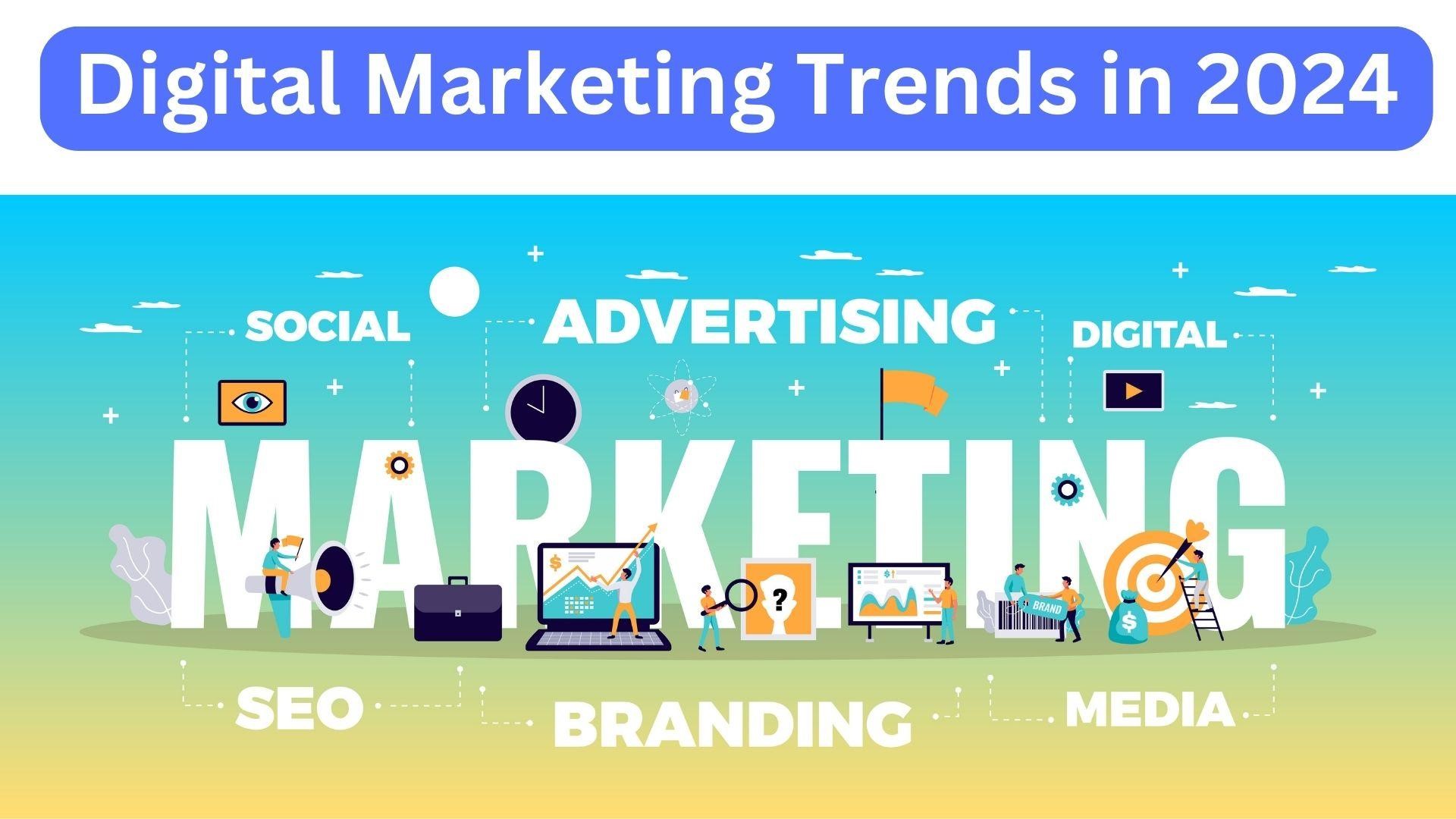To build traffic on social media is a lot like being a city planner who knows how to efficiently get traffic in and out of a city. Considering that every avenue into a city generates unique website traffic, social media traffic is certainly an important pillar of your highway infrastructure.
If you’re on a tight budget and already trying paid advertising, getting people to your website through social media engagement can be difficult. Paid ads can undoubtedly boost traffic to your website, but how do you get people to follow you on social media?
We all know that social media can be an important source of the traffic to your site. The more presence you have on social media, the more traffic your site will receive from social media.
For all those who wonder or looking for ways to drive traffic to your website using social media, this blog is for you. Here in this blog, we have listed some of the various ways to improve or drive traffic to the website using Social media.
1. Choose the right social media platform
Before you jump onto your PC and start posting your content, you should know that each social media works differently and has a different set of audiences. It’s essential to choose the right social media platform that is aligned with your business goals to make your campaign successful.
Ask questions like: Who is your target audience? What is their motive? What do they like dislike?
In case your target audience is young age people (Gen Z) Instagram can be the right platform for you. Since 75% of the active users on Instagram are from the age of 14 – 35.
Or if your audience is sociable and trend followers, Buzzfeed and Twitter are doing a great job in attracting these kinds of followers.
LinkedIn is a great tool for B2B (business to business) type interactions. Pinterest is all about the visual element (Infographics and photographs, anything visually informative and relevant to your brand). Retailers love Facebook/ Instagram because it provides them with the perfect opportunity to showcase their products.
I personally recommend SlideShare where you can present even the most complex and heavy information in a way that your target audience can easily understand. SlideShare is a great place to educate yourself on complex issues, find solutions to problems, and see some great presentations!

2. Optimizing your social media
When people want to know more about your brand, they usually peep into your business profile. This should quickly communicate your brand value proposition while establishing your tone and style.
You can drive a significant amount of traffic to your website with a good social media profile. Your social media profiles are just as important as your website’s search engine optimization. Make sure that you include relevant keywords in your omgomg onion profiles. Be sure not to miss any information when filling in your profile details.
3. Engage your Audience
Social media is the best way to connect and interact with your audience directly. You can interact with them, get feedback in real-time, share your new products and services, showcase your achievement, and better your customer experience. Consistent engagement with your target audience can drastically boost the traffic of your social media as well as website traffic. This also improves the opinion of the audience about your brand.
4. Post Consistently
Consistency is the key. Every social media user desires to achieve a good list of followers. Posting regularly on your social media can help you develop an excellent social media marketing strategy. A number of factors determine how often you should post and how many followers and likes you stand to gain, such as:
- Region/Time zone
- Content
- Target Audience
- How many days in a week
- Hashtags
- Creative and unique
- Profile bios
5. Post at the right time
Time is everything when it comes to social media marketing. No matter how good the content might be, posting it at the wrong time can lead to fewer views and engagement. Therefore pick the right time for optimal views.
So how do you know it’s the right time to post the content? Looking at your own data can be the best way to find the optimal time. See when your target audience is most interactive and responsive.
 " alt="">
" alt="">










